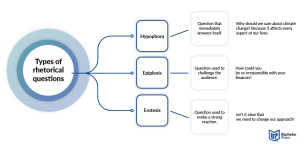
Public speaking has long been regarded as one of the most essential skills for leadership, influence, and impact. From politicians and executives to coaches and educators, the power to speak and be heard remains a defining trait of those who move people and shape ideas.
But even in this age of information overload, when everyone seems to be speaking, there is one technique that continues to stop listeners in their tracks. It’s not a new gadget, a viral hack, or a flashy quote.
It’s the simple act of asking a question – a rhetorical question.
This is not a question that demands an answer. It’s one that demands attention. A well-placed rhetorical question doesn’t seek dialogue, it stirs reflection. It breaks down the wall between the speaker and the audience. It creates pause. And often, that pause speaks louder than words.
Picture a speaker standing in front of a silent crowd. She’s sharing a message that matters. The room is listening, but drifting. Eyes glaze, attention wanes.
Then, she asks:
“What would it take for us to stop surviving and start leading?”
No answer is given, but something shifts. Heads tilt. Minds turn inward. She’s got them. Not because she raised her voice, but because she asked a question that made them feel. That’s the unseen power of rhetorical questions: they don’t break the silence – they deepen it.
In a world that is loud, fast, and filled with opinions, rhetorical questions invite people to pause, think, and feel. They cut through the noise by awakening curiosity, empathy, and introspection.
What Exactly Is a Rhetorical Question?
Let’s clarify what rhetorical questions are and what they are not.
A rhetorical question is not asked to get an answer. It’s asked to spark thought, emphasize a point, or draw attention to a truth. It’s the speaker’s way of guiding the audience into a shared emotional or intellectual space without demanding dialogue.
In Martin Luther King Jr.’s iconic “I Have a Dream” speech, he asked:
“When will you be satisfied?”
He wasn’t polling the audience. He was provoking reflection on racial injustice and challenging his listeners to look within.
There’s science behind the art. Studies have shown that rhetorical questions trigger a psychological process called elaborative processing. This means that when we hear such a question, our brains start to search for an answer even though we know one isn’t expected. This mental effort increases attention, memory, and emotional engagement.
Howard and Kerin (2004), in a landmark study, found that rhetorical questions are more likely to enhance recall and anchor key messages in an audience’s mind. In short, a question that doesn’t need an answer ends up being the part of the message that gets remembered the most.

The Many Faces of the Rhetorical Question
Like any good tool, rhetorical questions come in different forms. And each one serves a different purpose.
- Hypophora: The Anticipated Answer
This is when the speaker asks a question and then answers it immediately. It’s great for guiding audience thinking or addressing doubts.
“Can we solve this overnight? No. But we can take the first step today.”
It gives the speaker control. It builds credibility. And it shows clarity of thought.
Erotesis: The Obvious Truth
This type of rhetorical question is asked when the answer is clear and universally understood.
“Do we want a better future for our children?”
No one says no. But saying it aloud makes everyone nod silently. It turns a shared belief into a moment of unity.
Epiplexis: The Awakening
This form challenges behavior or confronts the audience’s values.
“How long will we stay silent while others suffer?”
It’s direct. It’s bold. And when delivered with purpose, it becomes a moral mirror for the audience.
In business, Steve Jobs mastered this technique. During the launch of the iPhone, he asked:
“Who wants a stylus?”
It was a rhetorical jab at outdated technology. The crowd laughed. They got the point.
In politics, Ronald Reagan used rhetorical questions to frame an entire election.
“Are you better off than you were four years ago?”
He wasn’t collecting data, he was shifting public sentiment.
Even in training sessions or boardroom pitches, the right question at the right moment can reposition an idea from a suggestion to a shared conviction.
What Makes Them So Effective?
Rhetorical questions are effective because they:
- Interrupt mental autopilot
Audiences stop coasting and start thinking. - Create shared ownership
The audience participates in meaning-making. - Highlight key points
Questions slow down the pace and shine a spotlight on the message. - Evoke emotion
They often work through stories, values, or future visioning.

How to Use Them Effectively
It’s not about asking more questions. It’s about asking the right ones at the right time.
Here are four tested ways to use rhetorical questions with impact:
 Know Your Audience
Know Your Audience
Not every question resonates with every group. Executives want relevance. Youth want energy. Know what your audience values—and speak to it.
 Use Sparingly
Use Sparingly
One powerful question is better than ten forgettable ones. Overuse dilutes impact.
 Tie Questions to Purpose
Tie Questions to Purpose
Every rhetorical question should serve your message. Is it emphasizing a point? Creating a pause? Inviting reflection? If not, leave it out.
 Pair with Storytelling
Pair with Storytelling
Want a question to land emotionally? Use it to conclude a story, highlight a turning point, or introduce a challenge. The emotional hook deepens its power.
Public speaking is not about perfection. It’s about connection.
It’s about moving from being heard to being felt. And rhetorical questions when used wisely, do exactly that. They slow down the moment. They draw people in. They echo long after the applause has faded.
So, the next time you take the stage, don’t just deliver information.
Ask a question that makes people feel something.
Because sometimes, the question that doesn’t need an answer… is the one that changes everything.
Are you ready for TRANSFORMATION?
Dzigbordi Kwaku-Dosoo is a Ghanaian multi-disciplinary Business Leader, Entrepreneur, Consultant, Certified High-Performance Coach (CHPC ) and global Speaker. She is the Founder and CEO of The DCG Consulting Group. She is the trusted coach to top executives, managers, teams, and entrepreneurs helping them reach their highest level of performance through the integration of technical skills with human (soft)skills for personal development and professional growth, a recipe for success she has perfected over the years. Her coaching, seminars and training has helped many organizations and individuals to transform their image and impact, elevate their engagement and establish networks leading to improved and inspired teams, growth and productivity.
) and global Speaker. She is the Founder and CEO of The DCG Consulting Group. She is the trusted coach to top executives, managers, teams, and entrepreneurs helping them reach their highest level of performance through the integration of technical skills with human (soft)skills for personal development and professional growth, a recipe for success she has perfected over the years. Her coaching, seminars and training has helped many organizations and individuals to transform their image and impact, elevate their engagement and establish networks leading to improved and inspired teams, growth and productivity.
The post The transformative power of rhetorical questions in public speaking appeared first on The Business & Financial Times.
Read Full Story
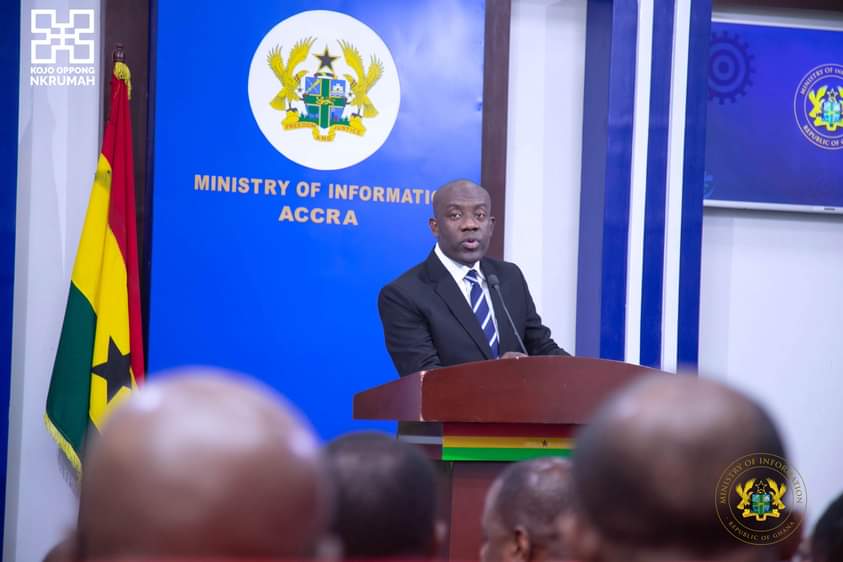
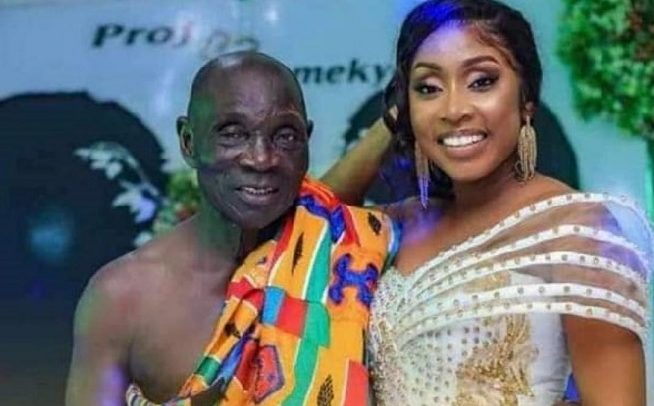

















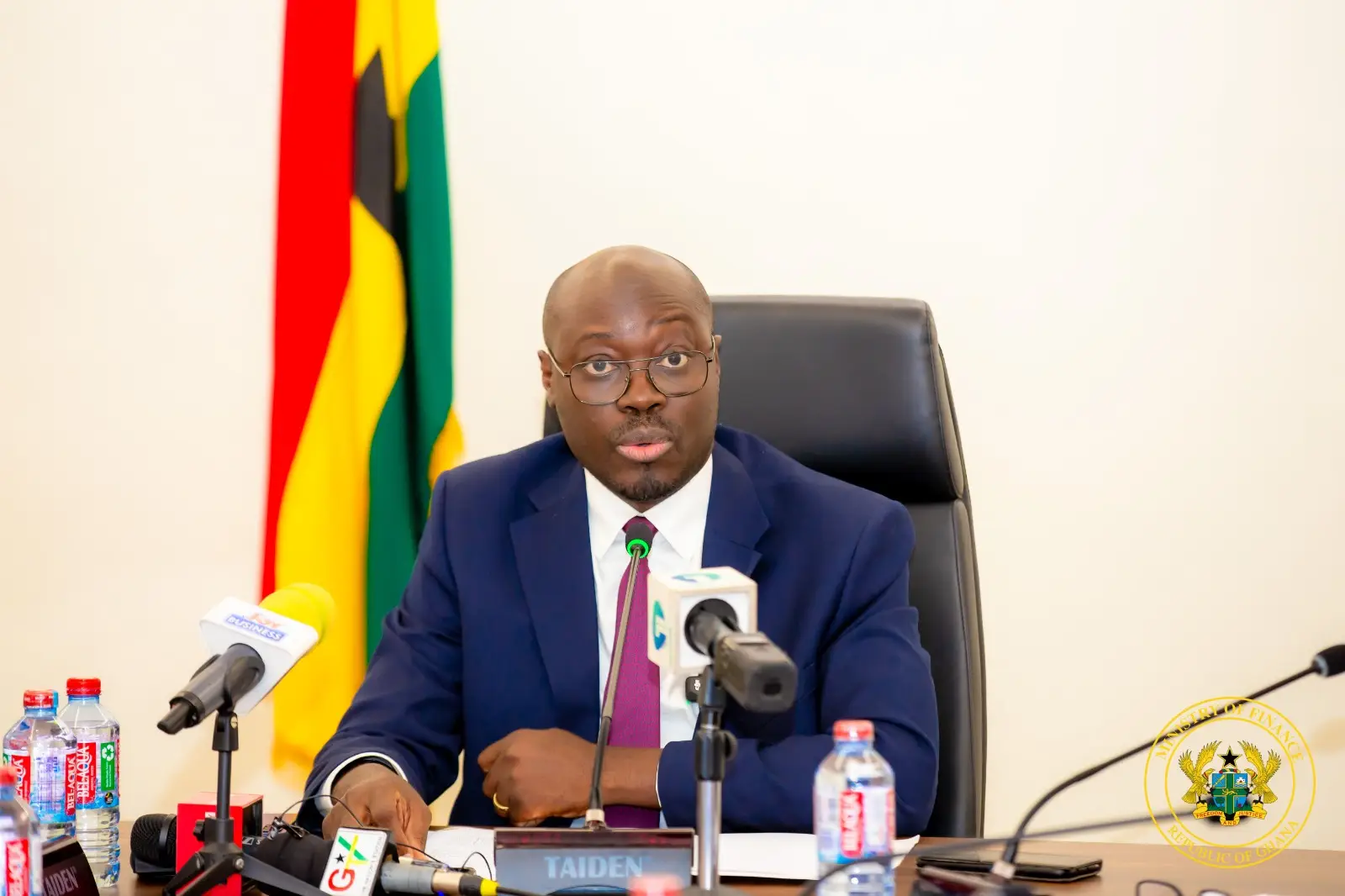
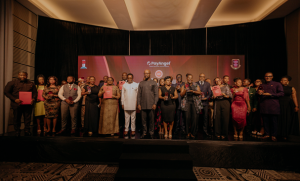


Facebook
Twitter
Pinterest
Instagram
Google+
YouTube
LinkedIn
RSS